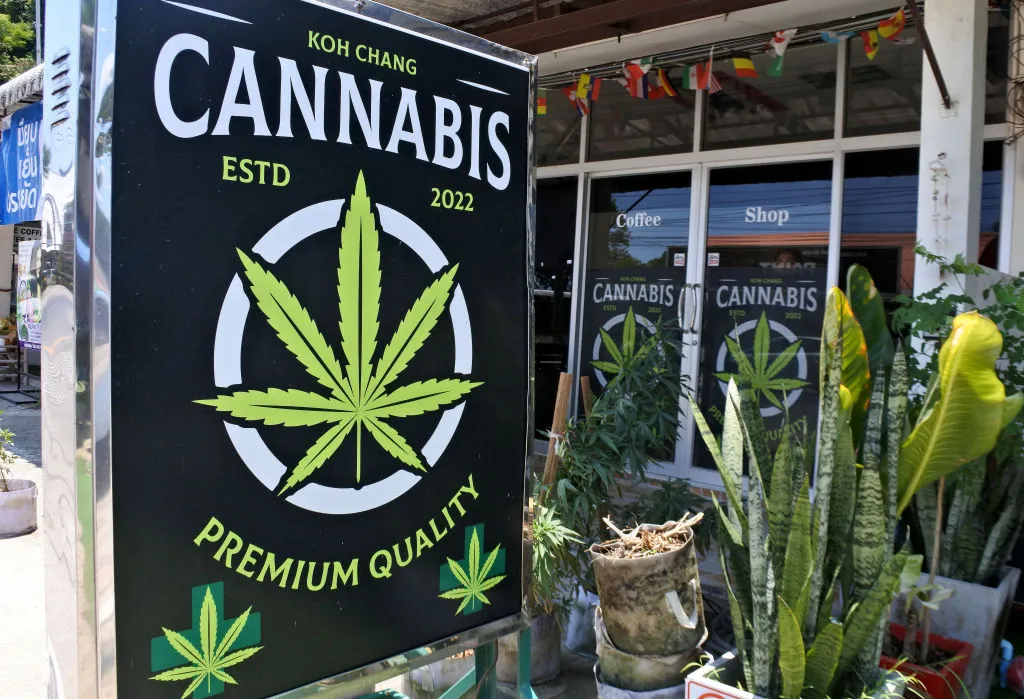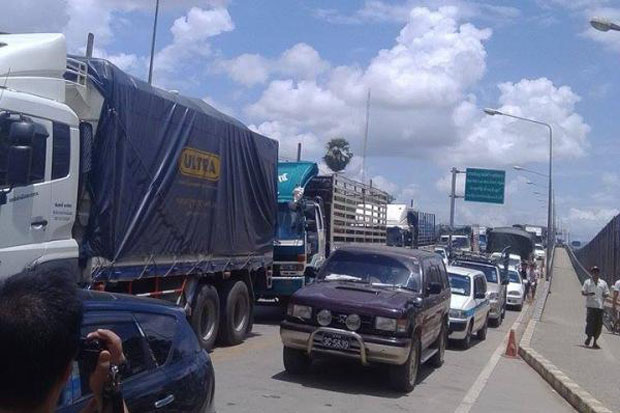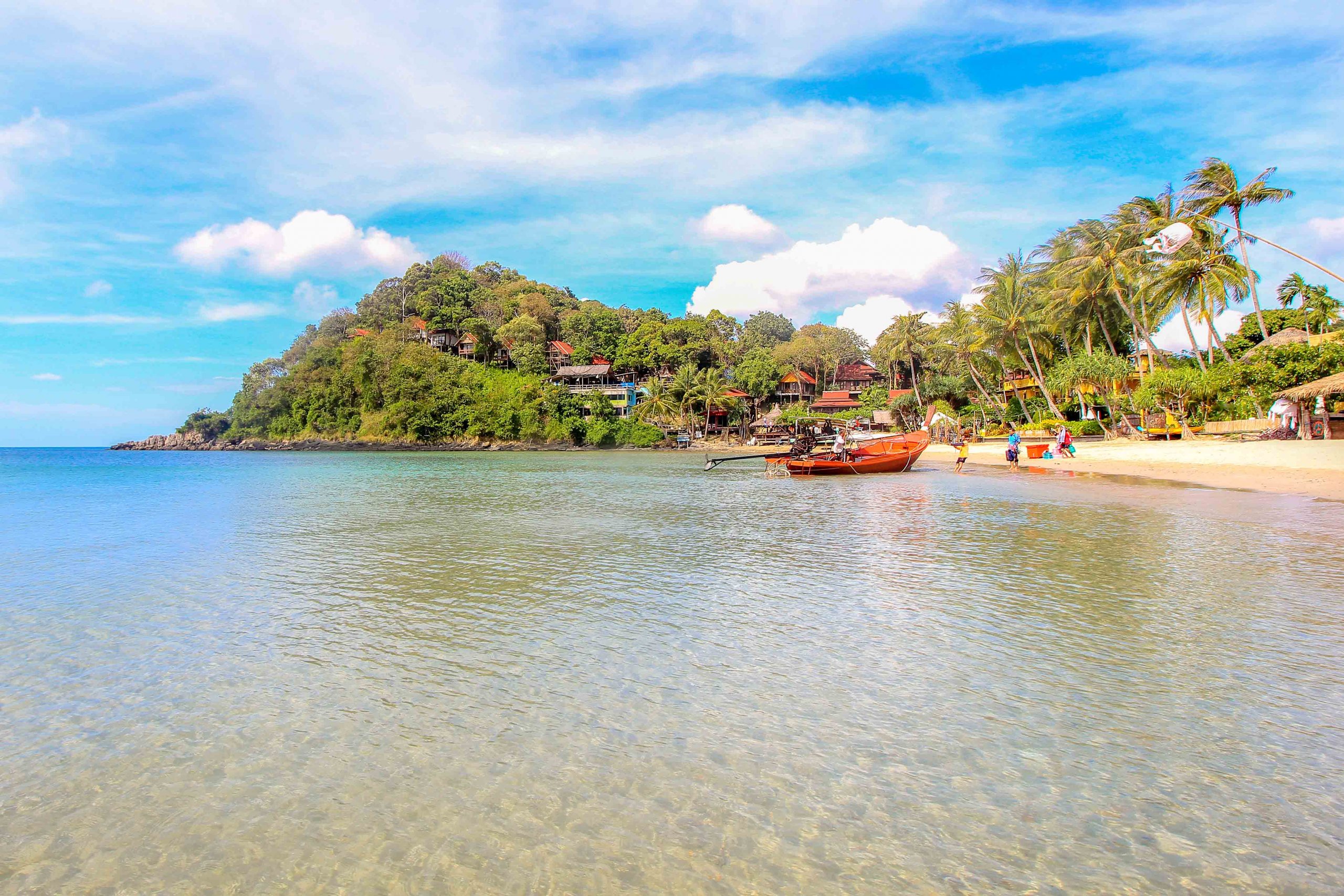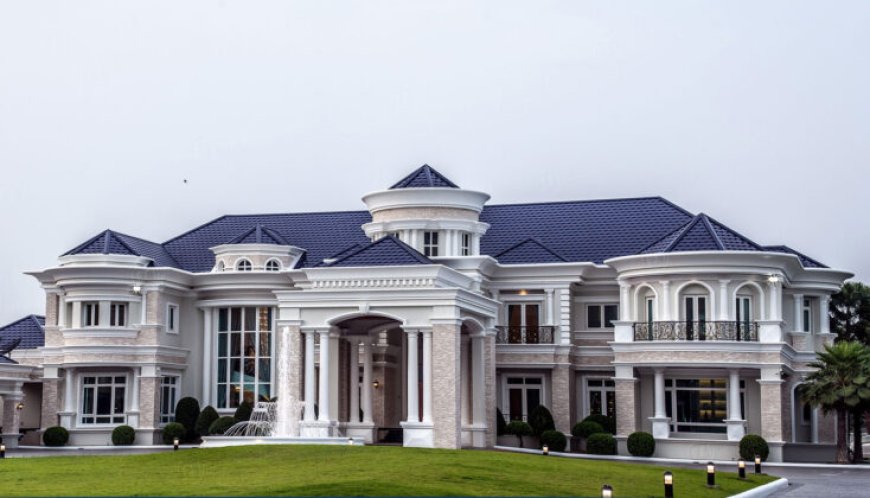Government Moves to Recriminalize Cannabis
New Regulations Shake Billion-Baht Industry
Thailand’s thriving cannabis sector, valued at billions of baht, is reeling from the government’s decision to recriminalize recreational use. The Ministry of Public Health recently issued an order banning recreational cannabis sales, requiring a doctor’s prescription for all retail purchases. Set to take effect soon after publication in the Royal Gazette, the policy aims to reclassify cannabis as a narcotic, reversing its 2022 decriminalization. This abrupt shift threatens to disrupt an industry that has seen explosive growth, with around 18,000 cannabis shops sprouting nationwide.
Tourism and Public Complaints Drive Change
Impact on Tourist Hotspots
The push for stricter controls stems from growing complaints, particularly in tourist-heavy areas like Phuket and Pattaya. With an estimated 1,500 cannabis shops in Phuket alone, unregulated public consumption has sparked concerns among locals and visitors. Reports of public smoking on beaches and streets have fueled demands for tighter regulations. Tourism operators predict many urban cannabis stores will close, leaving only those serving medical purposes, which could improve the atmosphere for family and senior travelers.
Industry Operators Brace for Impact
Financial Losses Loom for Shop Owners
Cannabis shop owners are grappling with the new reality. Many, like Pongchanok Wisetraksakul, who runs a store in Phuket, argue that recriminalization is unnecessary and that better regulation of unlicensed shops would suffice. Most operators have yet to recoup investments ranging from 500,000 to 10 million baht per store. Without relief measures, closures could devastate small business owners, leaving them frustrated and financially strained as they navigate the sudden policy reversal.
Medical Cannabis as the New Focus
Shift to Controlled Use
The government insists the policy realigns with the original intent of decriminalization: to support medical cannabis use. A medical cannabis clinic at Koh Samui Hospital highlights this focus. Authorities argue that unrestricted recreational use has led to social issues, particularly among youth. By requiring prescriptions, the government aims to curb widespread consumption while maintaining access for legitimate medical needs, though critics question the feasibility of enforcing such rules.
Political Tensions Fuel Policy Shift
Cannabis Industry Caught in Political Crossfire
The recriminalization effort follows the Bhumjaithai Party’s exit from the ruling coalition, a group that once championed cannabis legalization. Analysts suggest the industry has become a pawn in political disputes, with policy flip-flops stifling its potential to transform agriculture, medicine, and tourism. Cannabis activist Chokwan Chopaka laments that political instability has held the sector hostage, preventing sustainable growth despite its economic promise.
Mixed Reactions from Stakeholders
Tourists and Locals Weigh In
Reactions to the policy vary. In Bangkok’s Khao San Road, tourists like Australian visitor Daniel Wolf express skepticism about reversing the widespread presence of cannabis shops. Meanwhile, locals like Damrongkieat Pinijkarn of the Pattaya Entertainment Association welcome the change, citing improved safety and tourism appeal. The government faces the challenge of clearly communicating these rules to foreigners and balancing enforcement with support for affected businesses, as the cannabis industry navigates an uncertain future.









